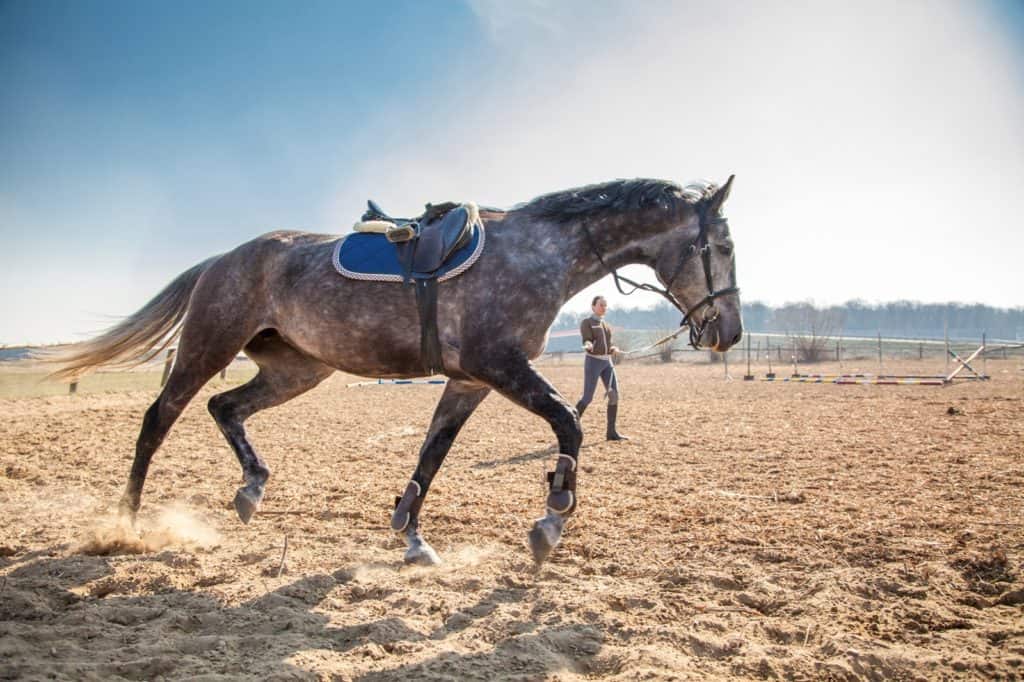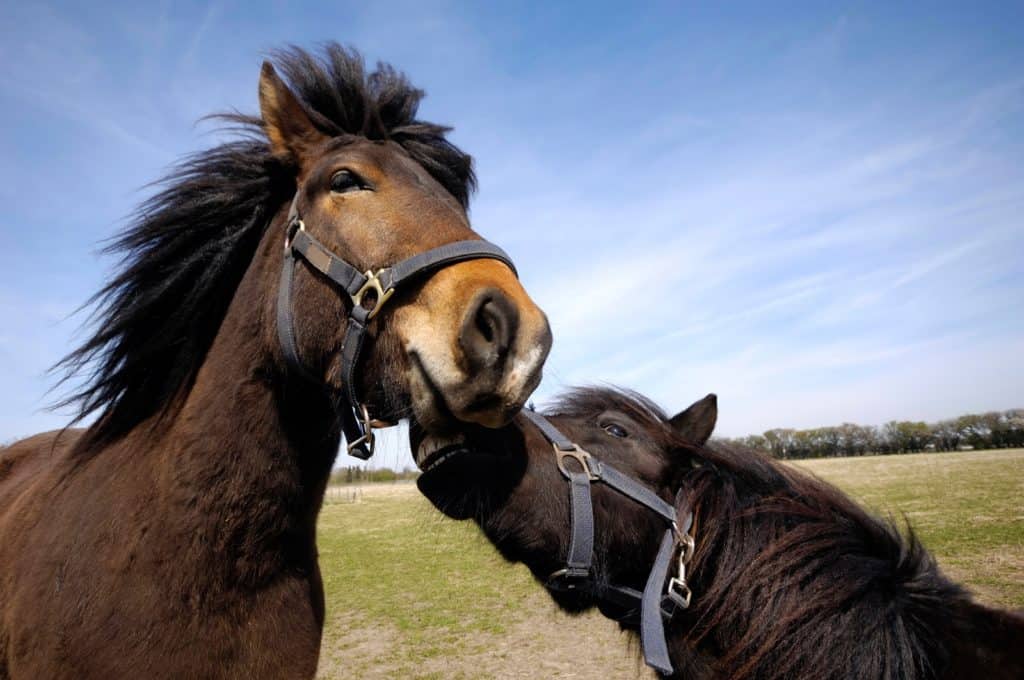
Practicing Science-Based Horse Husbandry
Practical ways to improve your horse’s welfare, based on discoveries from the growing field of equitation science.

Practical ways to improve your horse’s welfare, based on discoveries from the growing field of equitation science.

Which memory system a horse uses each time he learns a task depends on a variety of factors. Here’s what to remember.

Consider horses’ unique abilities and needs to carry out welfare-friendly, efficient training, one researcher says.

What are your horses’ pasture behaviors telling you and what can you do to help groups live together harmoniously?

French researchers found that the degree of that impairment depends on training method and the individual horse.
A collection of tweets and take-homes from the 2016 International Society for Equitation Science conference.

What affects a foal’s demeanor and makes him his own, unique self? Let’s have a look at what science has to say.

New research has revealed that horses do, in fact, try to intentionally communicate with us to achieve certain goals.

A horse’s whorl could help predict which direction a horse will turn in response to a frightening stimulus.

Does feeding treats help with learning or create cookie monsters? Find out from an equine behavior expert!

Scientists found a gene that could identify superior tractability, or how easily a horse can be trained or controlled.

Find out why a horse might try nipping his rider during mounting and what to do about it.

Signs of stress dissipated as soon as the crank nosebands came off, suggesting that the horses’ welfare was compromised.

Why do horses do the things they do? A behaviorist talks about how horses learn, stereotypies, herd dynamics, and more!

We’ve scoured our archives and gathered 10 resources you can use to decode your horses’ behavior.

Horses in the group housing situation had fewer stress indicators than those stalled individually, researchers found.
Stay on top of the most recent Horse Health news with
"*" indicates required fields